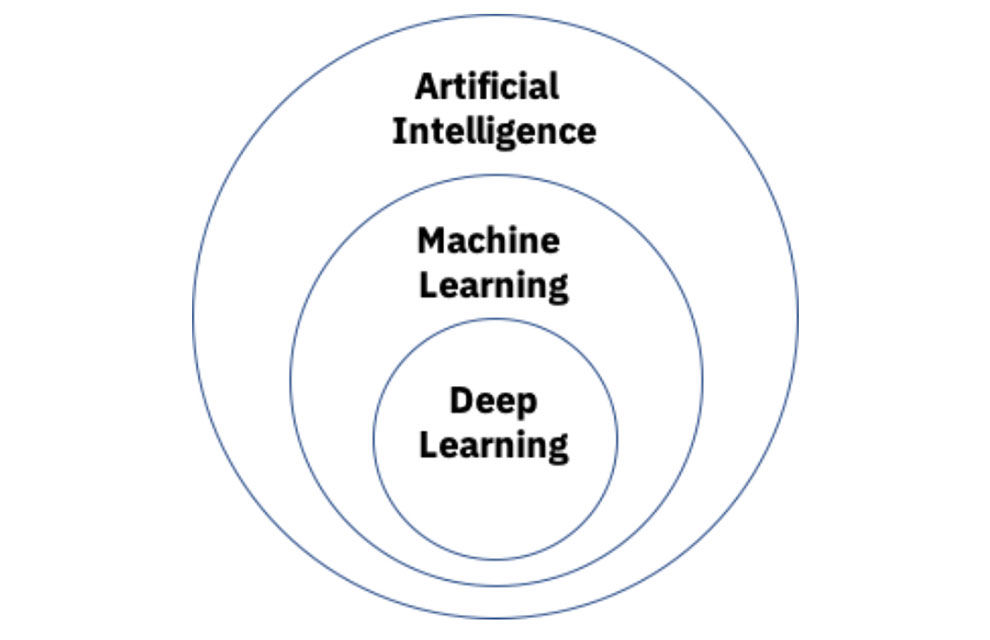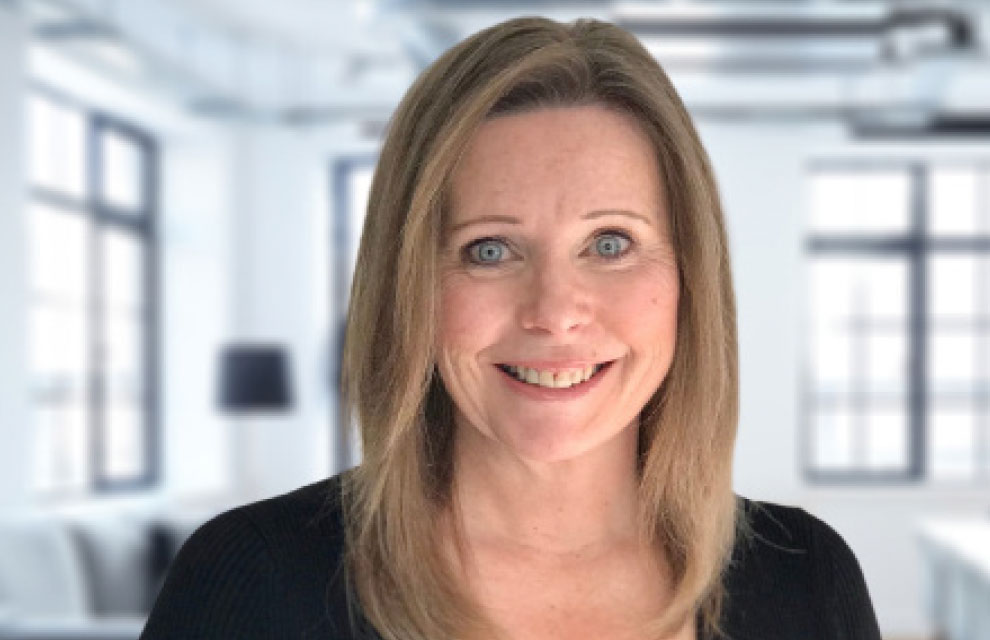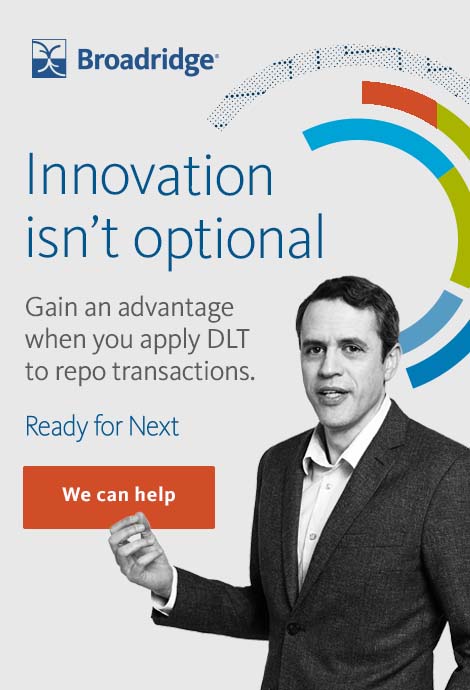Trading Apps reveals its goals for the year ahead and why the team is encouraging the market to say hello to potential. Laura Allen, Trading Apps managing director, explains all
Benjamin Franklin’s quote has it exactly right. If you have not made adequate preparations for your project or goals, you are unlikely to succeed. So, if you were wondering why Trading Apps (TA) has been so quiet in terms of market communication during the past year, it is because our priorities were channelled towards other areas of the business. To be successful in our goals we know we need to remember the big picture and not get overwhelmed by difficult tasks along the way. Therefore, during 2020 we have made sure we have all the necessary resources to help us reach our goals.
2020 was indeed a challenging and unique year for us all and it required everyone to adopt a very different operating model. This resulted in market participants demanding more from their systems and really highlighted the growing importance of automation, connectivity, and machine learning.
We all recognise that financial markets are moving towards a standard, integrated and more transparent model. Whether that is driven by regulation or just common sense, technology is constantly evolving to support the transition. Over the past year within the securities finance industry there appears to be a real shift in mentality towards technology. Driven, amongst other things, by spread compression. The pandemic caused a spike of volume increases, coupled with a sudden demand for remote working, highlighting the need for real automation, data driven decision making and artificial intelligence (AI).
Consequently, the securities finance industry is evolving from a disconnected silo-like network towards a fully integrated structure. The International Securities Lending Association’s (ISLA) digitalisation and common domain model (CDM) projects will be pivotal in continuing to fuel integration and along with it the standardisation of data and workflows.
Historically, when looking to introduce a new technology system to a securities finance business, successful firms seek software that will increase revenues and realise efficiencies, not just products that purely update existing function. This aspiration has not changed but as the market becomes more complex it is clear that no one provider can deliver on all the asks. Therefore, an entirely new approach to prioritisation within the organisation is required.
The securities finance market is extremely fortunate as it has some great technologists and specialist software providers offering solutions across inventory optimisation, trade automation, trade matching, trade reconciliations, collateral management etc. However, to really benefit a firm needs all their chosen systems to be connected and to interface with their core platform.
As referenced earlier, the catalyst for real change will be the creation and market adoption of a CDM. It will create a single definition for trades, life-cycle events and products for which data is shared thereby affording our market increased efficiency and allowing for greater interoperability.
Having recognised the need for a central portal to action and represent the suggestions created by specialist systems, TA recently embarked on an architecture evolution based on microservices communicating by using a high-performance universal remote procedure call framework and a managed message broker service. This allows for quicker delivery, easier connectivity, and integration into other systems, providing a true front-end system with scalability and improved visibility.
Looking forward, the ability to seamlessly connect and auto-trade will become increasingly critical. This is evidenced by the value that vendor trading platforms, such as EquiLend or Bloomberg’s securities trading system, bring to the securities finance market. At TA, we are seeing an increasing demand from our customers for direct and bilateral connectivity.
To meet these needs, we are launching a new product ‘TA Link’ — a specialised global secure messaging network providing an alternative method of communication for the securities finance market. It is a software-as-a-service (SaaS) venue allowing peer-to-peer encrypted communication through the Amazon Web Services (AWS) cloud platform ensuring 24/365 global business continuity, accessibility, and function.
Another equally important change in TA’s armoury is the launch of SaaS provision of our core products via AWS. Of course, we continue to support existing on-premise customers whilst providing new deployments in the cloud. This is a key step towards machine and deep learning as we utilise the services available within this infrastructure.
We all know that organisations are putting more emphasis on data analysis competencies, and there is a theory that algorithms will replace free thought and decision-making across many industries. There is some evidence of this already within securities finance. However, algorithms are only one of the ingredients that extract the power from data, the other is knowledge of what the data holds and for this purpose human input is required. TA is fortunate to have customers who value evidence-based reasoning and already use data to drive business decisions.
Everyone refers to AI, machine learning and deep learning in conjunction, but as harnessing their capabilities will be instrumental going forwards it is important to recognise the distinction between the three. AI can be thought of as human intelligence exhibited by computing technology. Currently, within securities finance when AI is referenced it is pointing to a problem-solving application that makes decisions based on complex rules or logic. Using TA as an example, our technology incorporates AI through using rule-based engines to automate the decision-making process across trading, lifecycle events and operational tasks.
Humans can only perform tasks after being taught them, and our performance improves through practise. The AI discipline of machine learning works the same way. In simple terms, machine learning is a subset of an AI application that learns by itself and, as it consumes more data, it reprograms itself to perform the specific task it is designed to do with greater accuracy.
Our cloud product is instrumental in introducing machine learning to TA because it will allow us to capture all the relevant data and organise it. By creating structured or semi-structured data TA can then apply it to the tasks that machines are able to execute. For example, users will be able to manipulate and use the data to analyse pricing trends and dislocations to ensure trades are accurately priced for both profitability and risk, not only at execution but during the trade’s lifecycle.
Figure 1

They will be able to analyse activities, such as locates or borrow requests, and use the outputs to predict a client’s behaviour. This information will determine the likelihood of execution which will drive the response/offer and decrementing of inventory for example. Alternatively, machine learning could be used to predict a client’s behaviour on any given corporate event, such as rights issues, proxy voting etc., allowing for more accurate inventory assumptions. The possibilities are endless and will empower the leading trading strategies of the future.
Deep learning is a further extension, as it allows for the inclusion of images, voice inputs, videos etc. which machines are not efficient at currently. We can only speculate on how this will be included in future technologies in our sector.
In summary, AI is the collection of tasks that machines can execute; machine learning will allow the rules to be automatically adjusted by the machine as it learns from data inputs. AI has supported human endeavour in so many areas such as medicine, defence, agriculture, economics and so much more. The opportunity for it to improve performance, reduce risks and outcompete in the market is very much here in securities finance today.
We are encouraging the market to say hello to potential.


